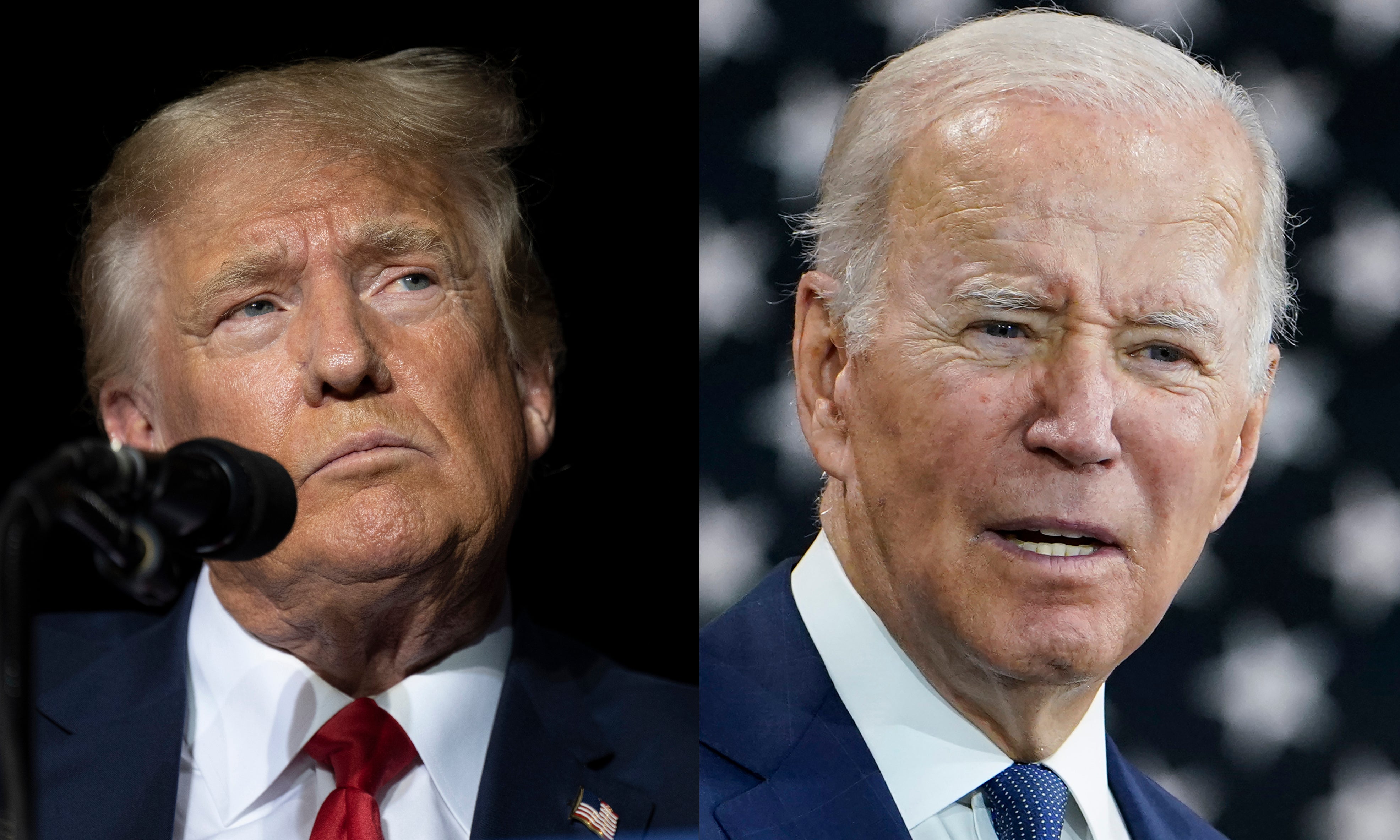
The rule of law has declined across the world for the fifth year in a row, according to the global Rule of Law Index published by the civil society organization World Justice Project.
Denmark retained the top spot for the seventh consecutive year.
The European nations dominated the list of top-performing countries, with Norway, Finland, and Sweden upholding their position from the previous year, taking the second, third and fourth spot, respectively.
However, Germany was knocked from the fifth to the sixth spot, with the Netherlands replacing it to make a place for itself in the list of top five nations with the greatest adherence to the rule of law.
Venezuela secured the spot of the worst performing nation, Cambodia came in second last with Afghanistan, and the Democratic Republic of Congo and Haiti preceded them to form the bottom five countries on the index.
The US found itself in the list of five top countries that strengthened their position compared to the previous year.
The index assessed 140 countries on four universal principles of the rule of law. These included the principle of accountability, which involved holding private individuals, as well as the government responsible for their actions, along with the principle of just law applied evenly to ensure human rights and procedural rights, for all individuals.
The Washington-based firm also looked at the principle of open government where it analysed the processes by which the law is adopted, administered and enforced, besides the implementation principle of accessible impartial justice which is delivered by competent, ethical and independent representatives.
These four principles were further developed in the eight factors forming the index. It included constraints on government powers, absence of corruption, open government, fundamental rights, order and security, regulatory enforcement, and civil and criminal justice.
The global body expressed its concern over the weaker checks on executive powers, adding that authoritarian trends such as attacks on the media predated the Covid-19 pandemic.
“Authoritarian trends that predate the pandemic continue to erode the rule of law,” said Elizabeth Andersen, executive director of the World Justice Project. “Checks on executive power are weakening and respect for human rights is falling.”
The report, however, found that the declines were less widespread and extreme compared to last year when the pandemic-related shutdowns dramatically affected the justice systems as the government used emergency powers to curtail civic freedoms and bypass transparency mechanisms.

It noted that two-thirds of the countries that saw a slip in their rule of law index last year, again observed a dip this year.
Most notably, the index measure of “fundamental rights” declined in two-thirds of the countries. It also observed that 61 per cent of nations showed a decline in civil justice due to continued delays, weak enforcement, and discrimination in the justice system.
About 58 per cent of the countries observed a dip in the “constraints on government powers”, a key measure aimed at countering authoritarianism.
“We are emerging from the health crisis, but not the governance crisis,” Ms Andersen said. “Today, 4.4 billion people live in countries where the rule of law is weaker than it was last year.”
Asserting that the “rule of law is also a key underpinning of democracy”, Ms Anderson added: “At its heart, rule of law is about fairness–that is, accountability, equal rights, and justice for all — and a less fair world is bound to be a more volatile one.”
However, not all countries observed a downward decline. There were also those which strengthened their position in the rule of law index. These included Honduras, Kosovo, Belize, Moldova, and the United States.
The US improved its global ranking for the first time in five years, securing the 26th spot. The report noted that despite gaining ground in the second year of Joe Biden’s presidency, the overall score still remained lower than 2020 when Donald Trump served as the president of the country.
It also added that in the last five years, the US had seen the sharpest decline which was similar in magnitude to that observed in Hungary, the Philippines, Myanmar, and Nicaragua.
And despite breaking a five-year losing streak, the country was “not out of the woods by a long stretch”, warned Ms Andersen.
“Authoritarian trends have weakened both trust and accountability and [the] democracy is not as healthy as it should be,” she said.
Even though India’s overall rule of law index decreased by less than one per cent, it jumped up two positions in the ranking compared to last year, landing the 77th spot.
The country however, remained behind economically ravaged Sri Lanka which took the 74th spot. Nepal was the best-performing south Asian country, securing a global rank of 69.
In 2020, India’s Supreme Court had directed the Narendra Modi-led federal government to set up an expert panel to boost the country’s prospects in the rule of law index after it secured the 69th position.







